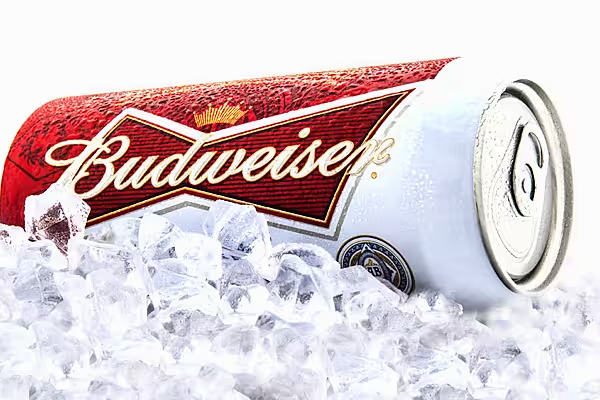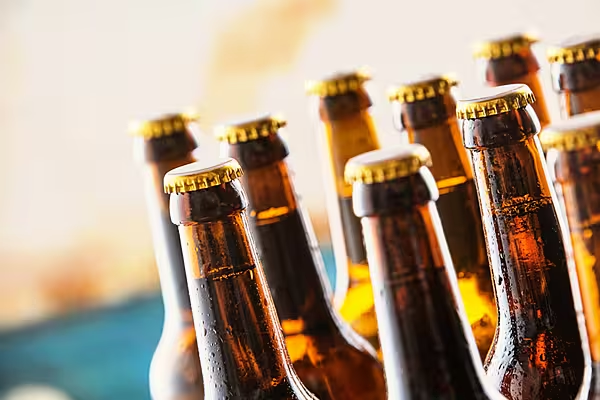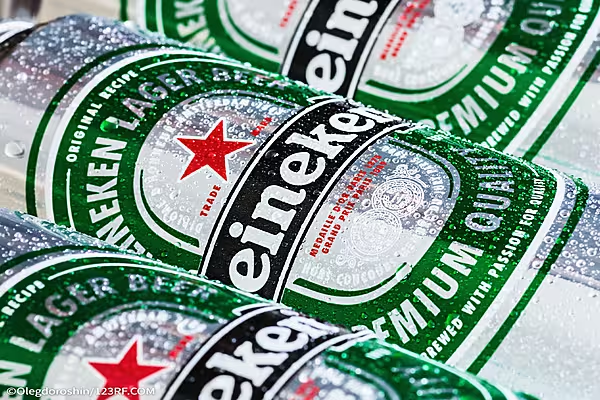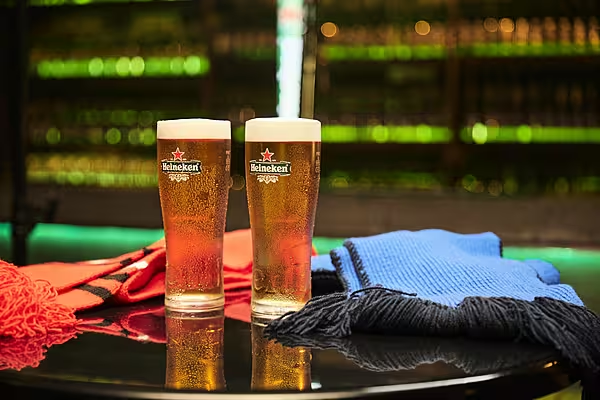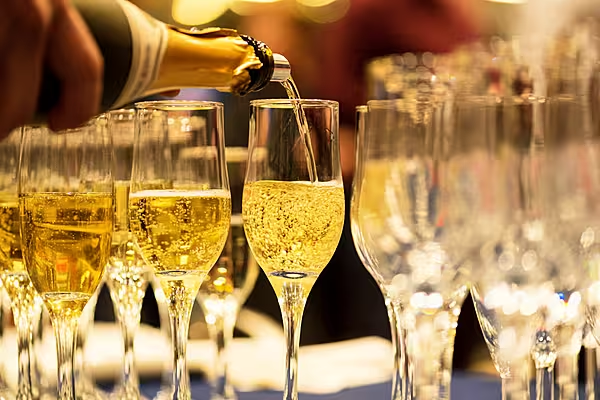The South African Breweries (SAB) has suspended commitments to retain workers and investments, agreed as part of its merger with Anheuser-Busch InBev, due to the country's decision to ban alcohol sales to curb the coronavirus, it revealed in court papers.
South Africa banned alcohol sales late last month as part of tighter restrictions to rein in the spread of COVID-19.
SAB has told the South African government that 'its obligations have been suspended with effect from the date of the impugned regulations,' the company said in court papers filed on Wednesday and seen by Reuters on Friday.
The conditions of the $106 billion merger require SAB to maintain an aggregate headcount of 5,967 workers in South Africa and that AB InBev make a 1 billion rand ($65.62 million)investment in the country in five equal instalments of 200 million rand over a period of five years from the merger agreement.
Alcohol Ban
The maker of Carling Black Label, now a unit of AB InBev, is challenging the government's decision to re-impose a third alcohol ban as unlawful.
In a process that started in May, SAB submitted a proposal to the Competition Commission to amend its merger conditions by way of an application to the Competition Tribunal, which makes the final ruling on mergers, Richard Rivett-Carnac, a director of SAB said in the affidavit.
"This risk (of non-compliance with merger conditions) has arisen as a consequence of the impugned provisions, which have completely banned the sale of alcohol products," Rivett-Carnac said.
The commission was not immediately available for comment.
The South African alcohol industry has been among the hardest hit by restrictions and three bans on alcohol sales, meant to free up space in hospitals burdened by avoidable alcohol-related injuries.
SAB, which has annual brewing capacity of 3.1 billion litres, said more than 165,000 people in South Africa had lost their jobs and by 3 August last year it had lost 12 weeks of trade.
